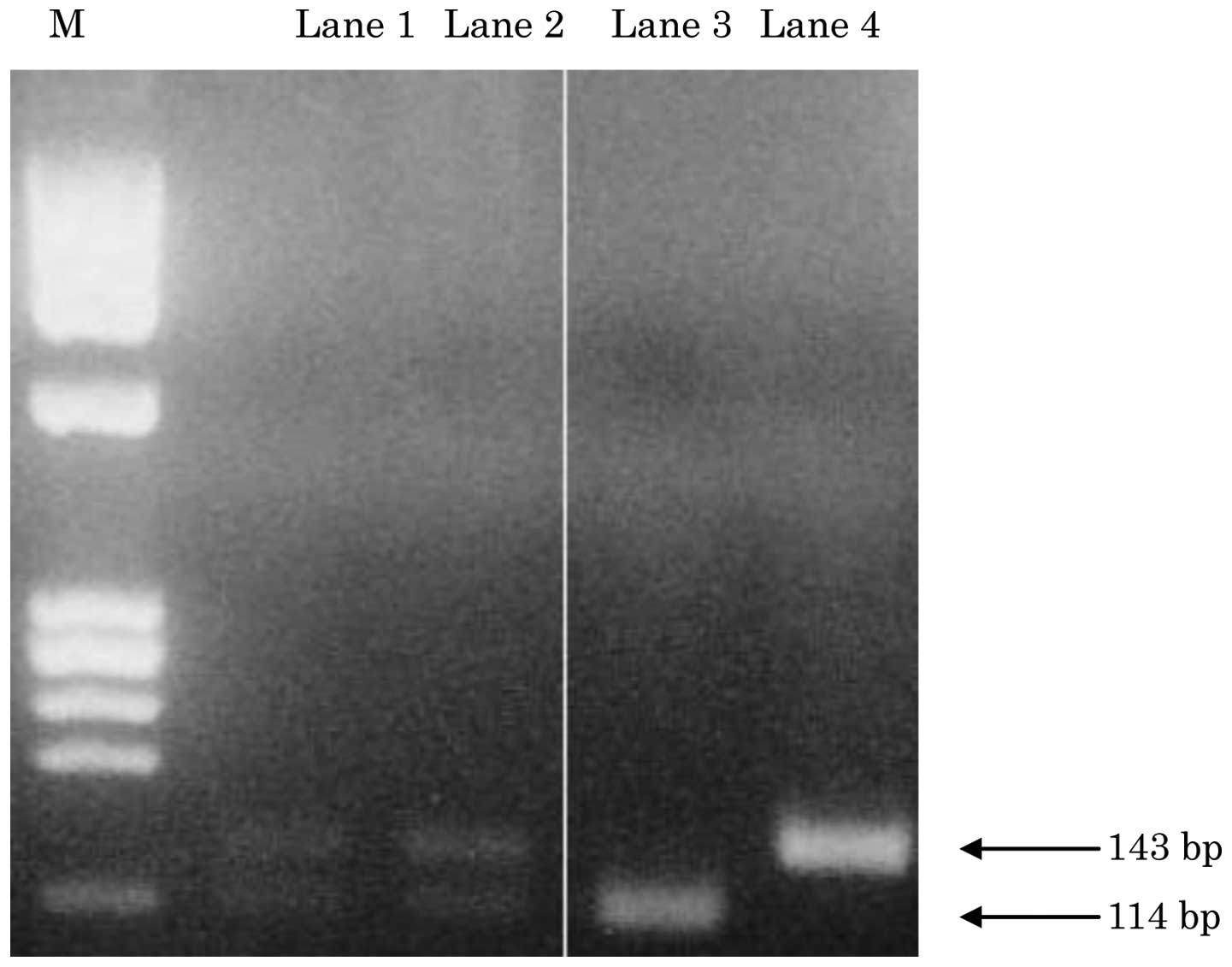Spandidos Publications style
Tanaka T, Ichikawa K, Maruoka T, Tomita S, Ueda H, Yamaguchi T, Shida Y, Kato H, Nagata H, Kubota K, Kubota K, et al: Analysis of the anatomic subsites, gender and age in unresectable advanced colorectal carcinomas in Tochigi, Japan suggests a shift in location towards the right side colon in elderly patients treated with cetuximab. Mol Clin Oncol 1: 291-296, 2013.
APA
Tanaka, T., Ichikawa, K., Maruoka, T., Tomita, S., Ueda, H., Yamaguchi, T. ... Fujimori, T. (2013). Analysis of the anatomic subsites, gender and age in unresectable advanced colorectal carcinomas in Tochigi, Japan suggests a shift in location towards the right side colon in elderly patients treated with cetuximab. Molecular and Clinical Oncology, 1, 291-296. https://doi.org/10.3892/mco.2013.62
MLA
Tanaka, T., Ichikawa, K., Maruoka, T., Tomita, S., Ueda, H., Yamaguchi, T., Shida, Y., Kato, H., Nagata, H., Kubota, K., Akimoto, N., Sakamoto, C., Imura, J., Arita, M., Tanaka, H., Okamoto, Y., Igarashi, Y., Fujimori, T."Analysis of the anatomic subsites, gender and age in unresectable advanced colorectal carcinomas in Tochigi, Japan suggests a shift in location towards the right side colon in elderly patients treated with cetuximab". Molecular and Clinical Oncology 1.2 (2013): 291-296.
Chicago
Tanaka, T., Ichikawa, K., Maruoka, T., Tomita, S., Ueda, H., Yamaguchi, T., Shida, Y., Kato, H., Nagata, H., Kubota, K., Akimoto, N., Sakamoto, C., Imura, J., Arita, M., Tanaka, H., Okamoto, Y., Igarashi, Y., Fujimori, T."Analysis of the anatomic subsites, gender and age in unresectable advanced colorectal carcinomas in Tochigi, Japan suggests a shift in location towards the right side colon in elderly patients treated with cetuximab". Molecular and Clinical Oncology 1, no. 2 (2013): 291-296. https://doi.org/10.3892/mco.2013.62
















